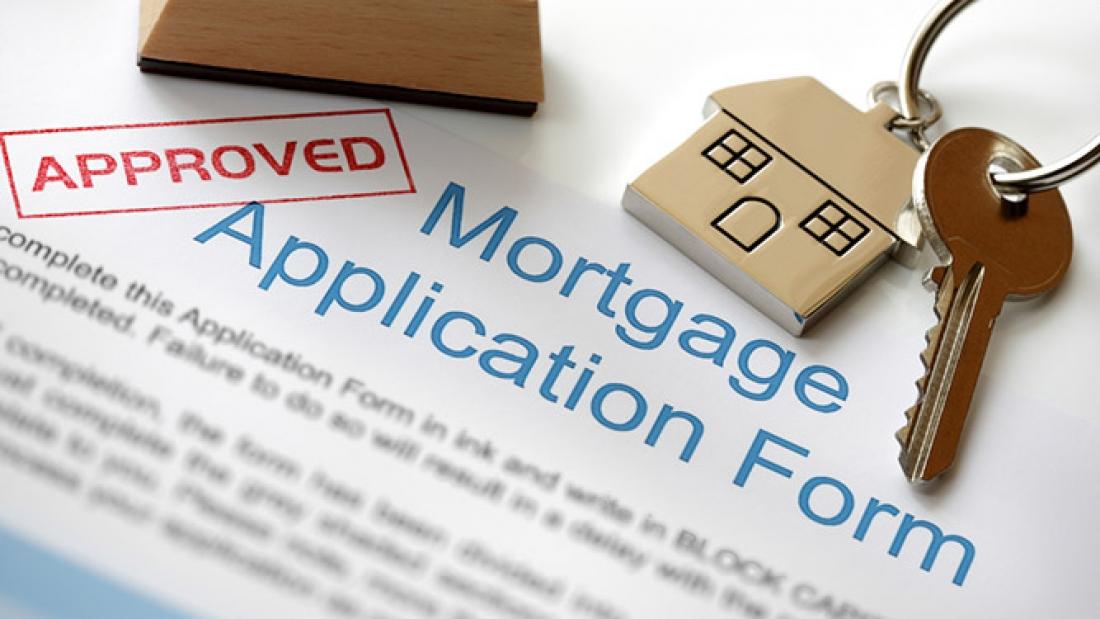Finance experts often talk about the importance of a credit score because this topic has such a heavy influence on your life when it comes to buying a home. When an institution or a bank want to give an individual a loan, it means they know that the individual will pay it back, based on the data they collected. Interest rates are somewhat based on the riskiness of a borrower. The riskier of a borrower, the higher the interest rates will be. If somebody has a high credit score, it shows that they have been consistently good on meeting their obligations on different types of settings, such a car loan. On the contrary, a medium or low score shows issues with handling finances, struggles with making timely payments, and it’s overall not a good look.
Mortgage lenders view credit scores as a tool to determine if you qualify for the mortgage in general, as well as to decide on the risk and the likelihood that you will pay your mortgage loan timely. Therefore, working on the credit score is a marathon that should begin a few years in advance. If you want the best possible conditions to your mortgage, boosting your credit score is the best thing to do. There are different ways to do it, but if you want a low mortgage rate you should treat this matter as top priority. Having a great score proves that you have been responsible with your commitments, kept your balances low, made your payments on time, and avoided debt and collections. The recommendation is to check your credit report at least once a year. Your score is calculated most often with the FICO scoring model and is derived from the information on your credit reports, which are made by credit reporting companies. If you find any errors on the report, make sure to request a fix as soon as possible. There is a close relationship between credit scores and interest rates, and that will impacts how much you will pay your lender over time. If you are able to boost your credit, you could save a lot in interest. The rates you are offered will be driven mostly by your credit. Just a quick example – A 30-year, $250,000 mortgage with a 4.25 percent fixed interest rate will cost about $21,400 less over the life of the loan than the same mortgage with a 4.75 percent rate. The difference between a 660 and 760 credit score could save anywhere from 0.5 to 1 percent on a rate. Therefore, you should take the opportunity and enhance your credit ahead of time by taking the necessary steps. Also, the more money you will have saved up for the down payment can help, too.

